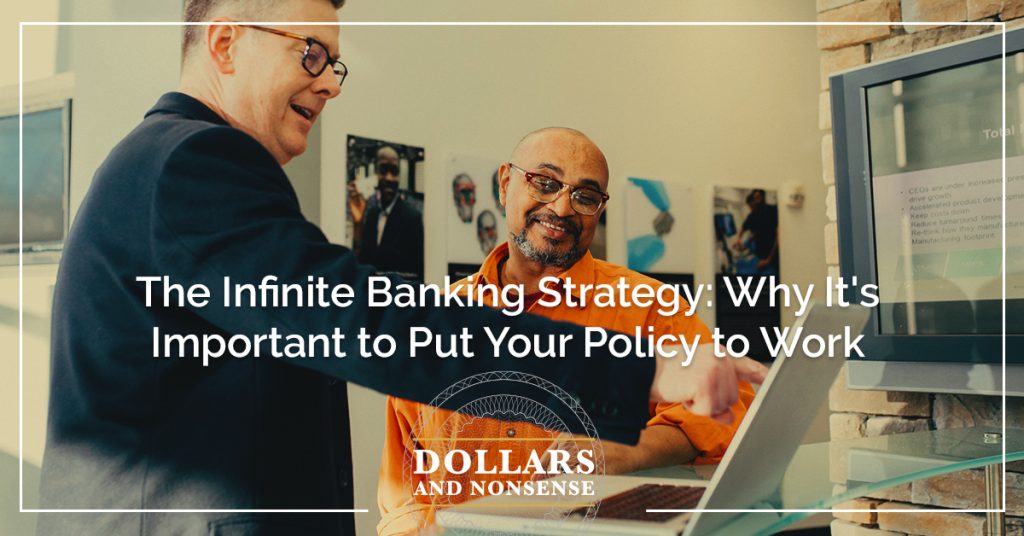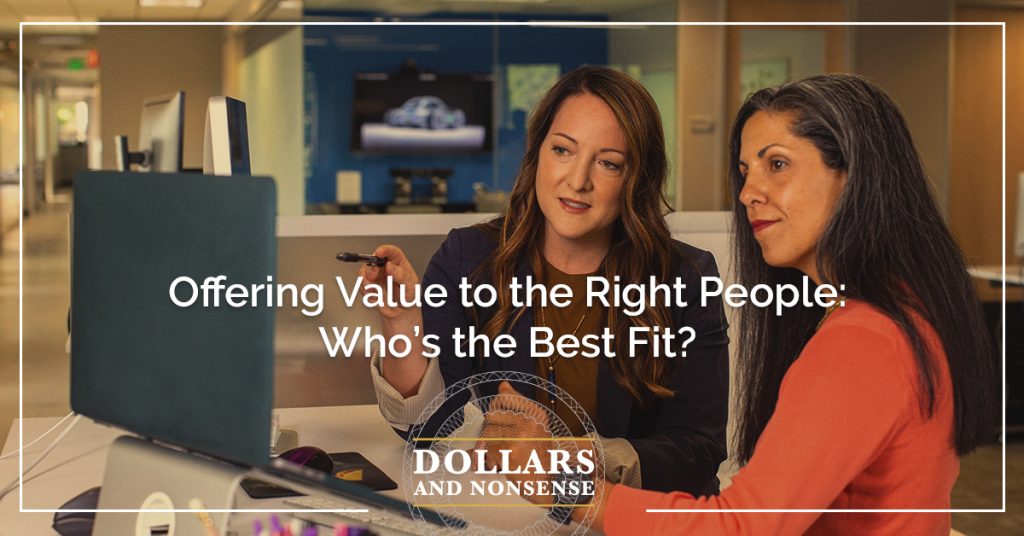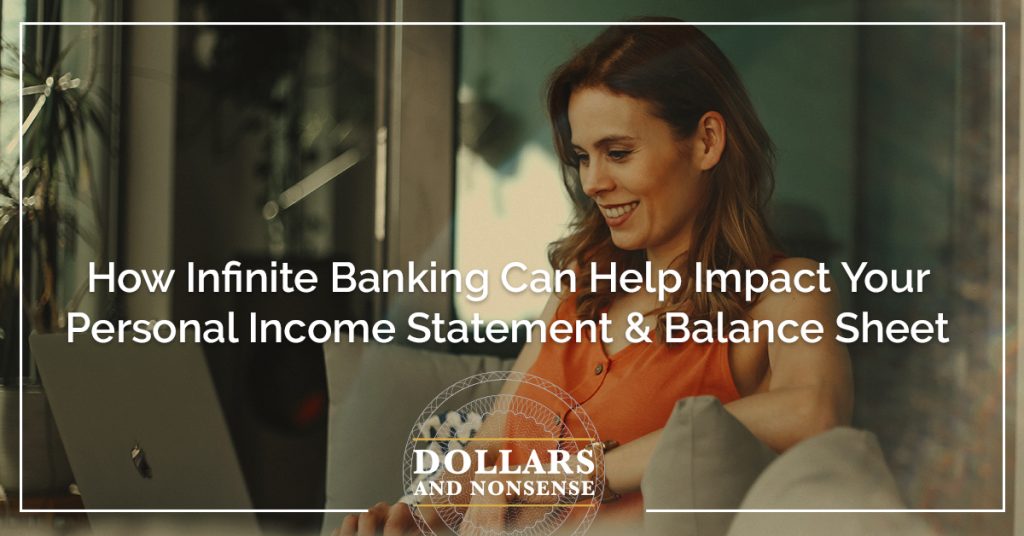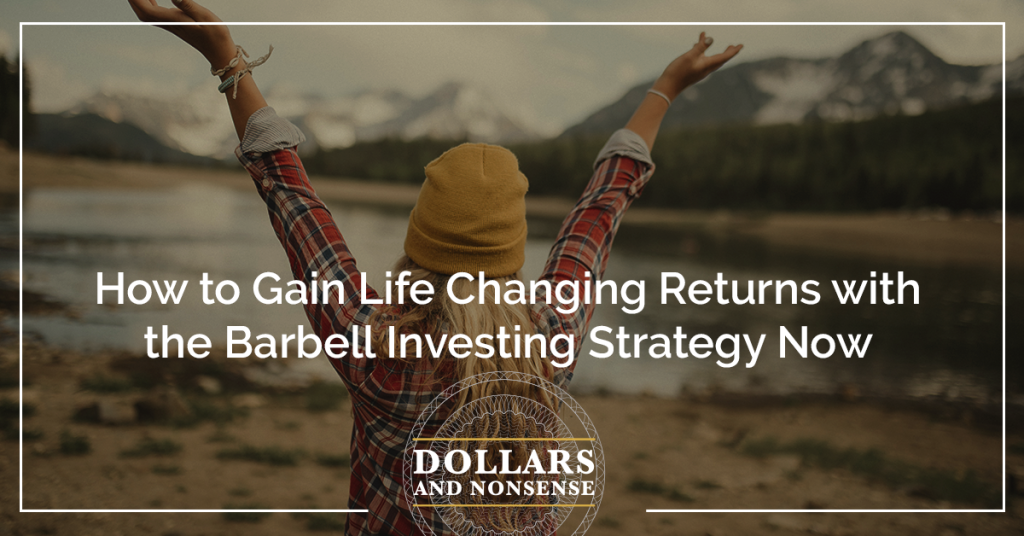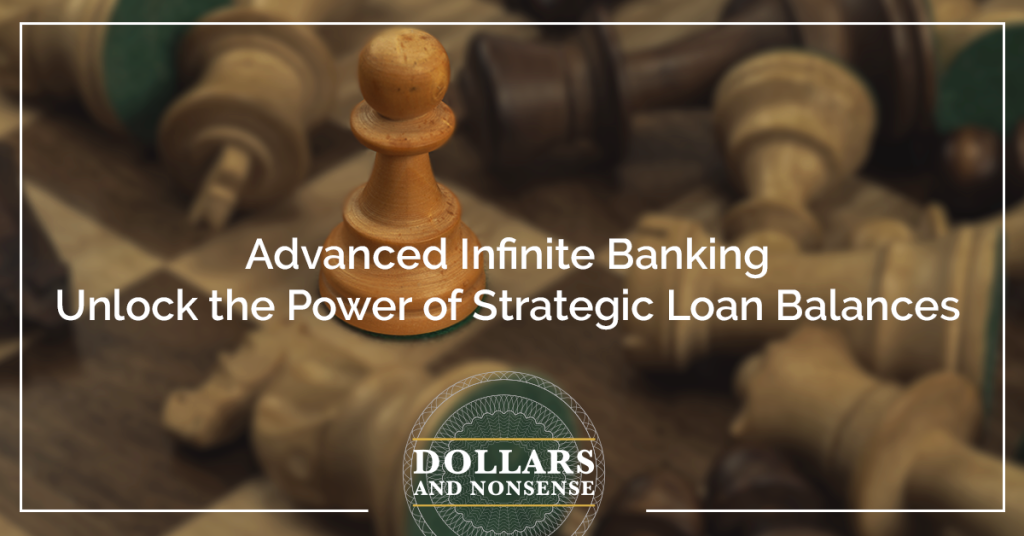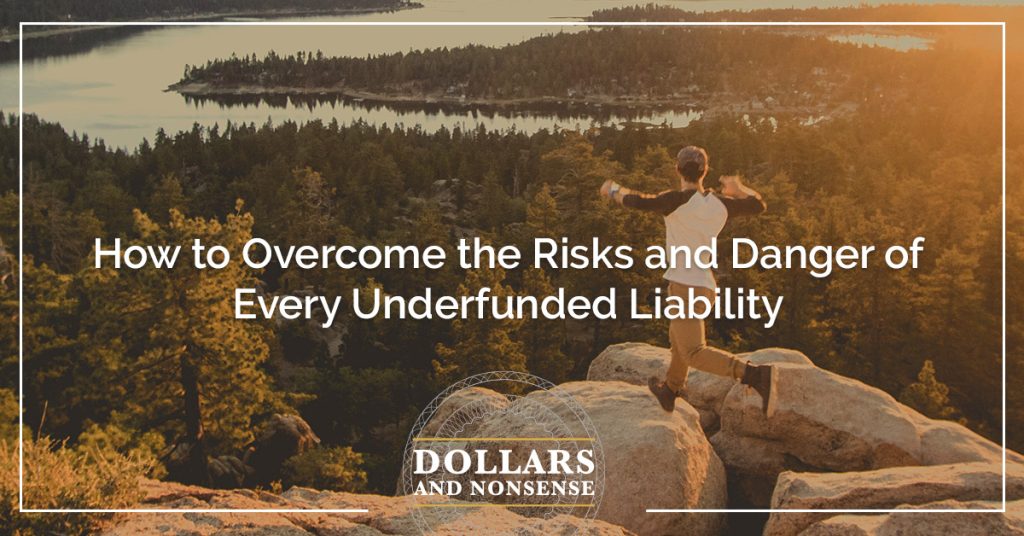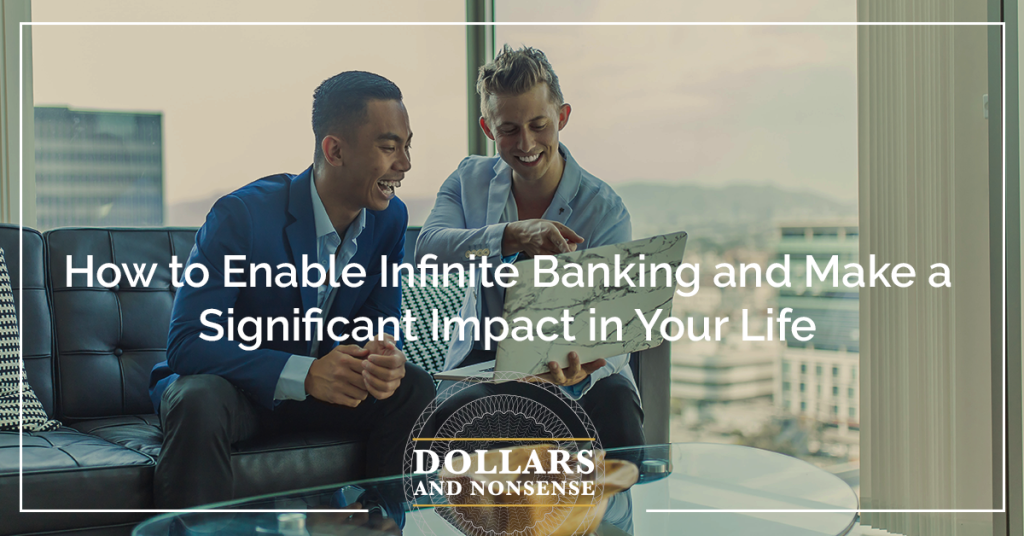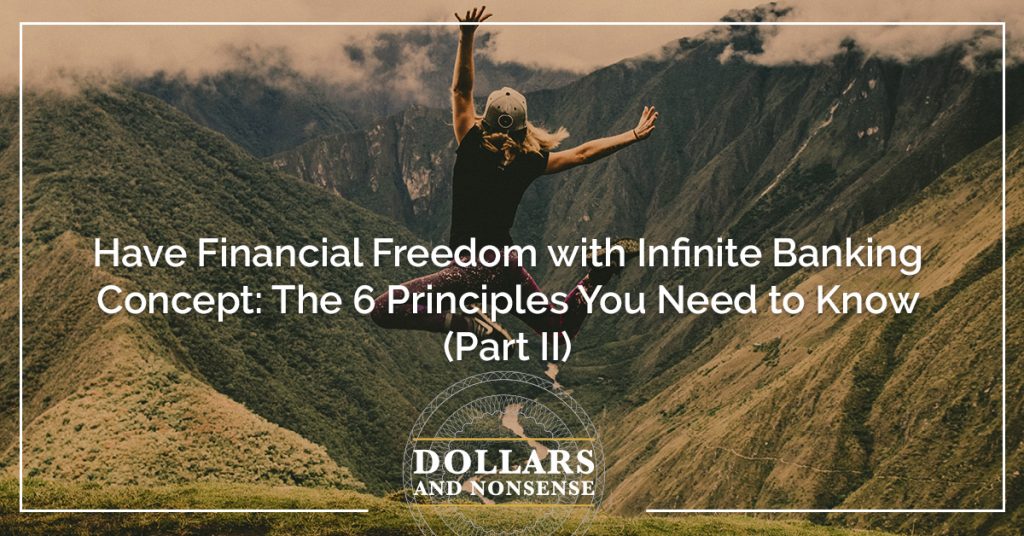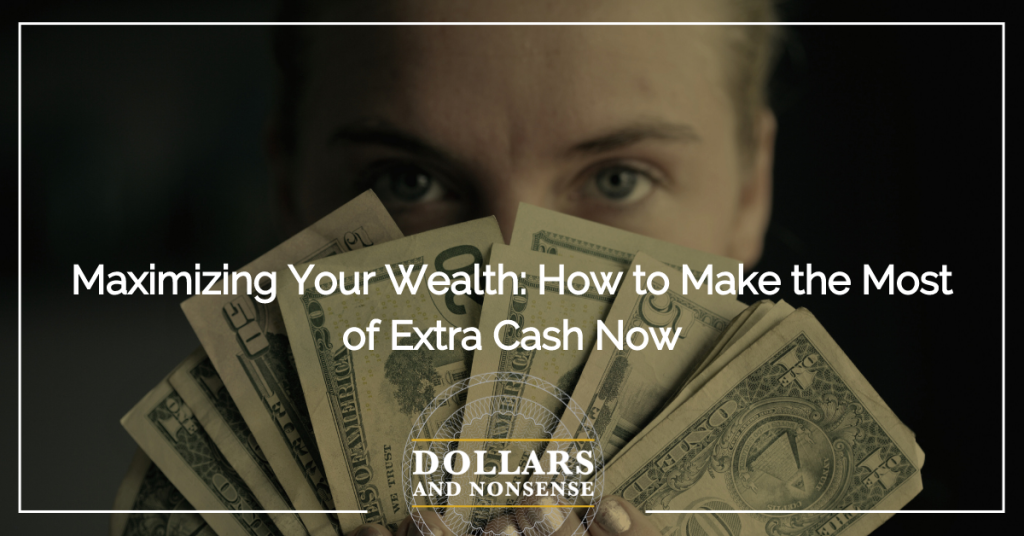
E180: Maximizing Your Wealth: How to Make the Most of Extra Cash Now
In this episode, Nate explores the topic of managing extra cash when practicing infinite banking. By taking a holistic approach to manage your finances, you can optimize the effectiveness of your infinite banking strategy and achieve greater financial security and freedom.


